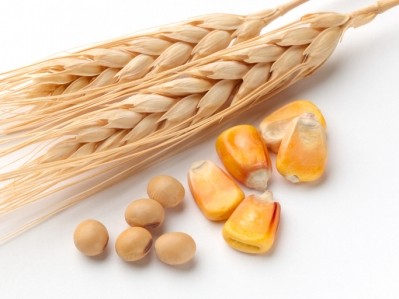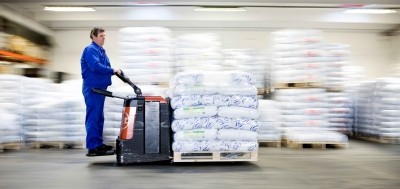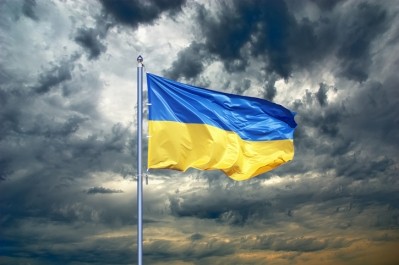Ukraine-Russian conflict: ‘Increased scope for higher prices and greater volatility’

“The recognition by Russia of the separatist states of Donetsk and Luhansk in eastern Ukraine as independent was a direct attack on Ukraine's sovereignty. The result is an escalation of the ongoing tensions following the build-up of Russian troops on the Ukrainian border.
“As Russian troops move over the border, the situation looks to get worse and, with this, grain prices have started to rally sharply around the world as the potential for supply disruptions, in an already tight global grain market is priced in,” said the CRM Agri team in an outlook.
Grain market fallout from Crimea annexation
There are comparisons being made with the 2014 annexation of Crimea by Russia, they noted. “However, the situation could be far more significant this time with global stocks tighter and a far greater reliance on Russian and Ukrainian supplies of grains and oilseeds.”
In 2014, Russian and Ukrainian wheat exports were nearly half of the 59Mt they are together expected to export in the 2021/22 season, noted the UK analysts. Similarly, back then, their combined exports accounted for 17% of globally traded wheat, while, this season, they will account for 29%, increasing the impact of any supply issues. So, the stakes are higher now.
“Additionally, funds are net short on wheat, therefore there is increased scope for higher prices and greater volatility as the situation unfolds and speculative investors also need to buy their way out of their bearish positions.”
The scenario is similar for corn, with the major export stock to use ratio at only 12%, said CRM Agri’s review.
Ukraine is a major exporter of corn and both countries combined account for nearly 19% of globally traded corn. “As with wheat, this means that the ability for other exporters to absorb increased demand this season is extremely limited. Therefore, if supply disruption is seen out of the Black Sea, prices will need to move even higher in order to curb consumption.”












